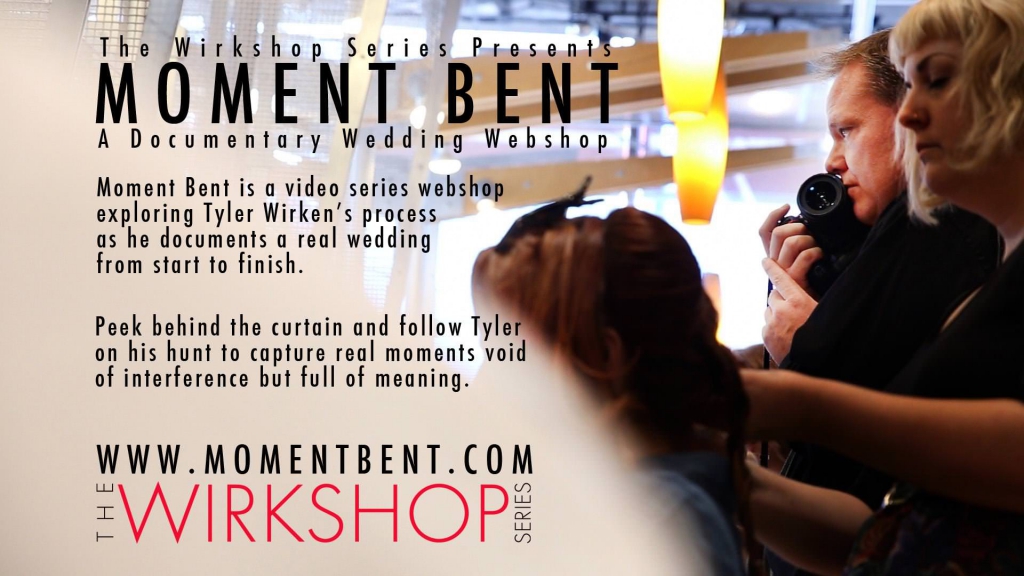Should Photographers Rethink the way They’re shooting and Go With a Documentary Approach?
Is there a photographer who influences you? Someone who encourages you to be a better photographer? Who is that person? One of the first names that comes to my mind is Tyler Wirken. Tyler owns and runs Wirken Photography that’s based in Kansas City. His wedding and portrait studio specializes in documentary wedding photography and portraits that capture life and you are as you are. His philosophy is simple – make unconventional natural images of real people, real relationships, real moments, armed with experience, skill, and more importantly a sense of humor. He approaches every shoot with tenacity and purpose to provide their clients with unique, powerful images that are true, unrehearsed and bold.
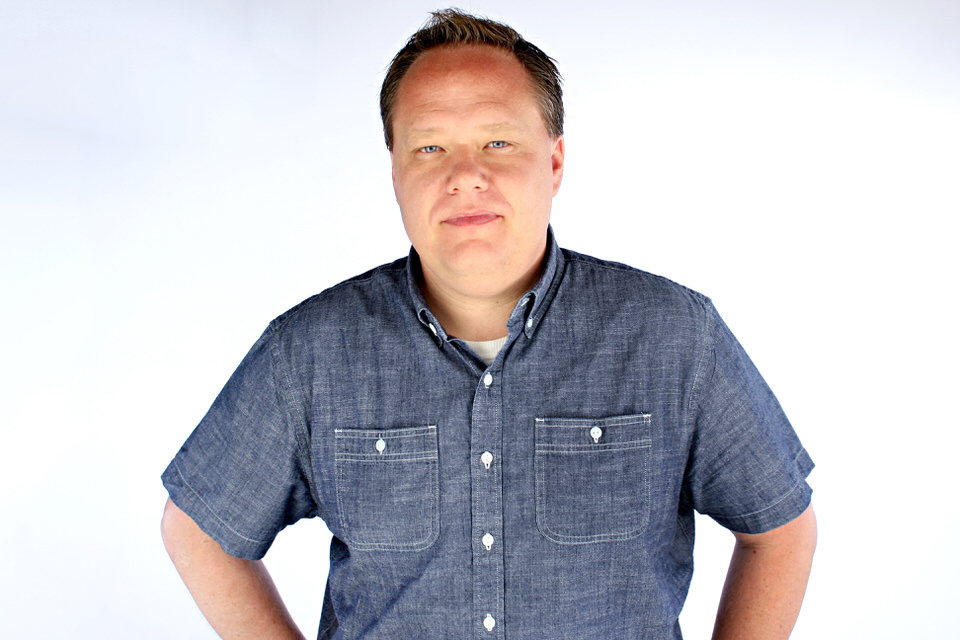
I first met Tyler almost a year ago at NineDots Gathering in London, UK. His talk had me captivated from start to finish. I knew right then and there that I had to interview him for our blog so we all can learn from him. So without further ado, here’s Tyler.
You have a really interesting background. I’d love to hear a bit more about you and how/why you went from photojournalism to wedding photography.
Photojournalism is all I have ever known. From being on the newspaper staff in high school to being a freelancer and or intern at some local papers I never received any other training than photojournalism. So when the time came to get out of the newspaper business, wedding photography seemed like the next best thing. I am diabetic and being a newspaper photographer was playing havoc on that as well as the reality that I was not sure I could commit my life to it was enough to make me question it and ultimately walk away. I then decided that I would go to work for my dad at the family business as an electrician and perhaps one day take over the business. However, as the years went on I still had a desire to be shooting. It was then that I first heard about “photojournalism” wedding photographers. I thought I could do that and the rest is history.
Has this allowed you to balance your personal life and photography?
I think so. However, not as much as I thought in the beginning. But I always say at least I am in control of the weekends and hours I work. I was afraid as a newspaper photographer I would miss too much family time. I still miss more than I prefer as a wedding photographer, but I am able to arrange my time how I like. Which is nice.
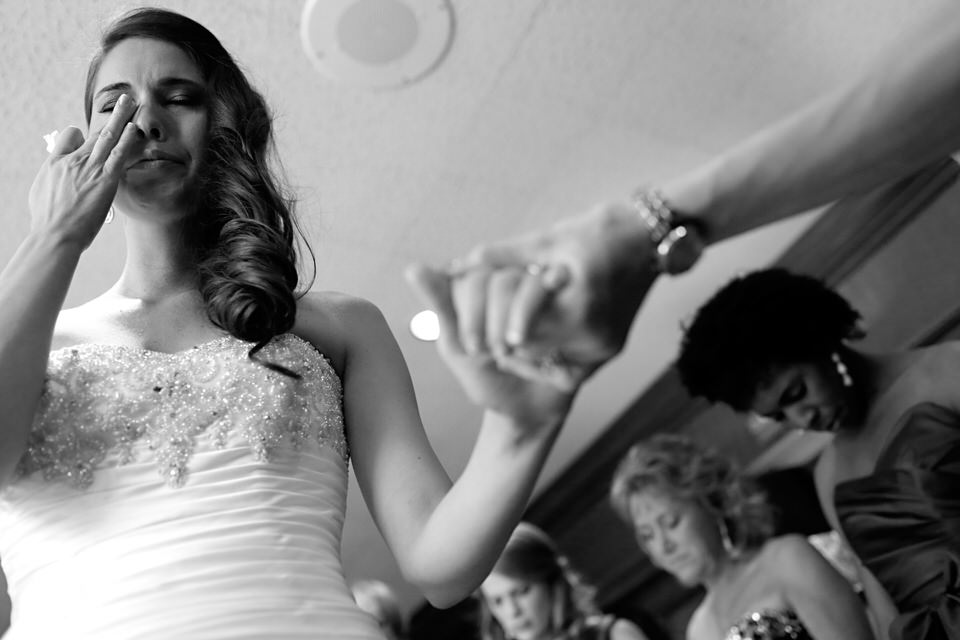
How can a photographer find their purpose?
Wow. That is a hard question. Honestly, I am not sure I know. I got lucky and my purpose kind of found me. I think in the end the best way is to not force it. Let life dictate your path. Ultimately, I think purpose comes from what you value in life. For me it is family. For others, it might be being able to show the beauty in everyone. I think it starts with not copying the current photography trends out there and just trying your best to photograph from your heart. Then hopefully that will lead you to your purpose.
How many weddings do you shoot per year?
I used to do about 25 a year and now it is less since I am filling my time with mentoring for photographers. So nowadays it is around 15-20 max.
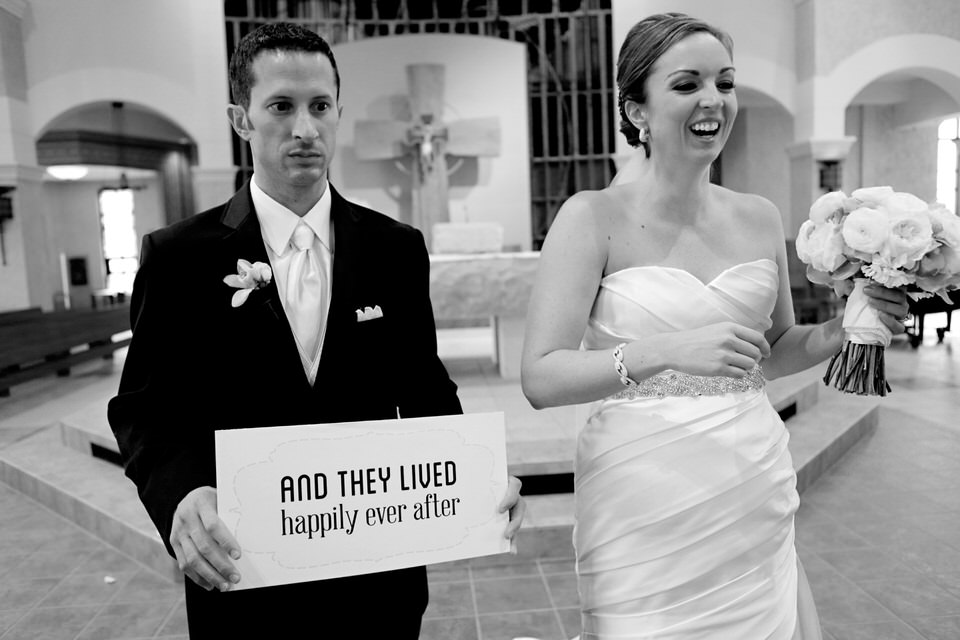
Can you walk us through a typical client meeting? What do you feel is important to get answered to deliver the best services?
Client meetings are essential to my success as a documentary wedding photographer. What I do at a meeting is quite involved and I would be writing here for days, but the gist of it is all about client education. I actually approach my meetings very differently than most in that I spend the majority of the time, usually 2-3 hours, talking about me and my purpose, approach, and philosophy on how I think weddings should be. That is vital to make sure everyone is on the same page. Once that happens then the rest of the time after they book is spent getting to know them. But in the end it is most important they truly understand what I do and why I do it. I also spend time explaining to them how hard this job is and how knowing them is vital to me being able to make the right decisions on the day rather than just guessing what they will want.
So, how do you accurately sell your vision to your clients?
It takes time. It also takes stories that they can relate to. I walk them though my own experiences in life and what I value and hope that allows them to connect with me. In the end it is all about connection. Finding out what they value in life and share my thoughts on that as well.
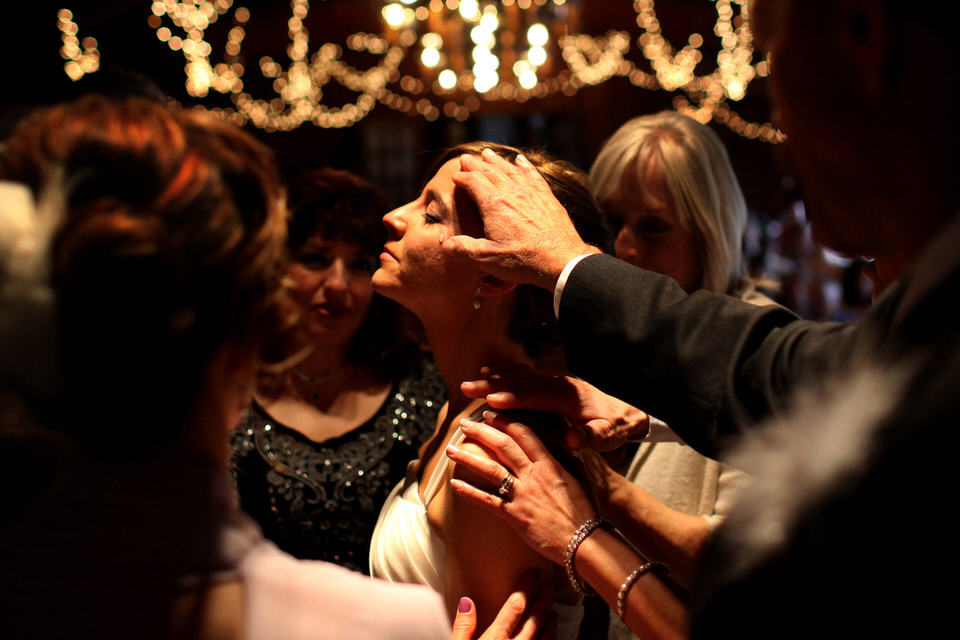
Back at NineDots, you talked about documenting relationship and people versus their wedding. Why?
Because simply that is what I feel ultimately matters in life. I say to my clients if I only focus on the wedding all they are going to get is wedding photos and frankly anyone can do that. In the end it is not about the cake, chair covers, or ice sculptures. It is about people.
What do you find the most difficult thing about wedding photography?
Managing expectations. That is what ultimately holds every photographer back in my opinion. Every one of my mentor students struggles with the fear of not meeting or exceeding the client’s expectations and getting that dreaded email after the wedding asking for more photos or god forbid disappointment. In the end it is all about the decisions we make and that fear of missing something often makes us default to safe mode as opposed to Fearless mode.
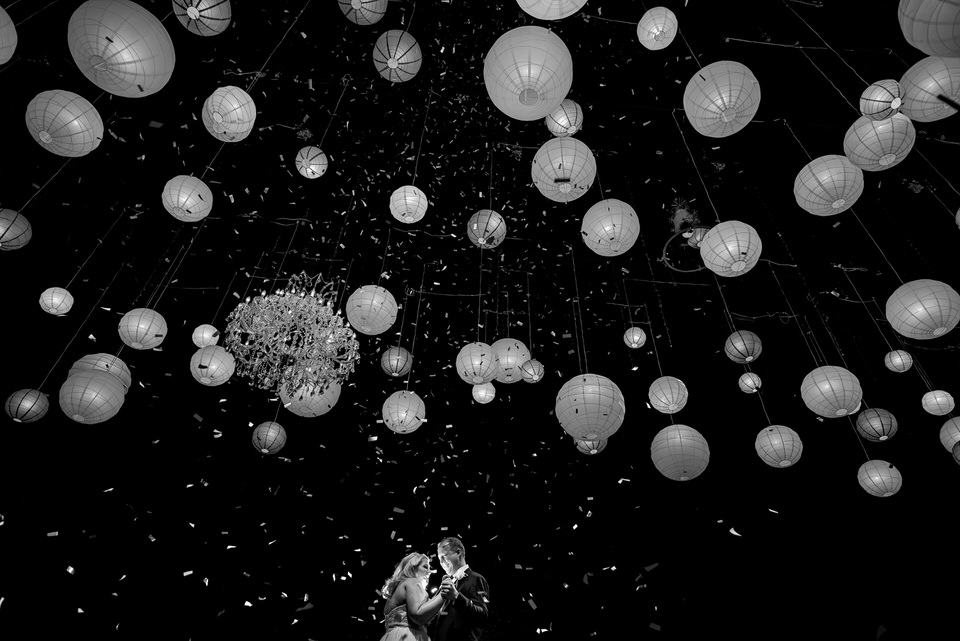
Should others rethink the way they’re shooting and go with a documentary approach? How should they look for that 1%?
That is totally up to each person. I think so, but like I said earlier, it is all about how you view the world and what you value. I want to see how a photographer sees the world. If that is in a documentary way or not does not matter to me as long as it is genuine. The 1% will come once they tap into how they are as a photographer.
You told a story about not throwing things away because you never know when a client will need it again. It was a story about a hug from a Grandfather to his Grandson after hitting that homerun. Can you tell me that story? It was amazing!
I think you are talking about the grandson and grandfather peewee football game photo. It was a simple, no frills image that meant the world to that boy. It’s of his grandfather hoisting him up and running in celebration of winning the game. That photo I made in 1997 ended up being that boy’s favorite moment of his entire life with his grandfather and I had a photo of it. There were problems with that photo and it was not an award winner, but that did not matter to that boy. You never know what might end up being priceless.
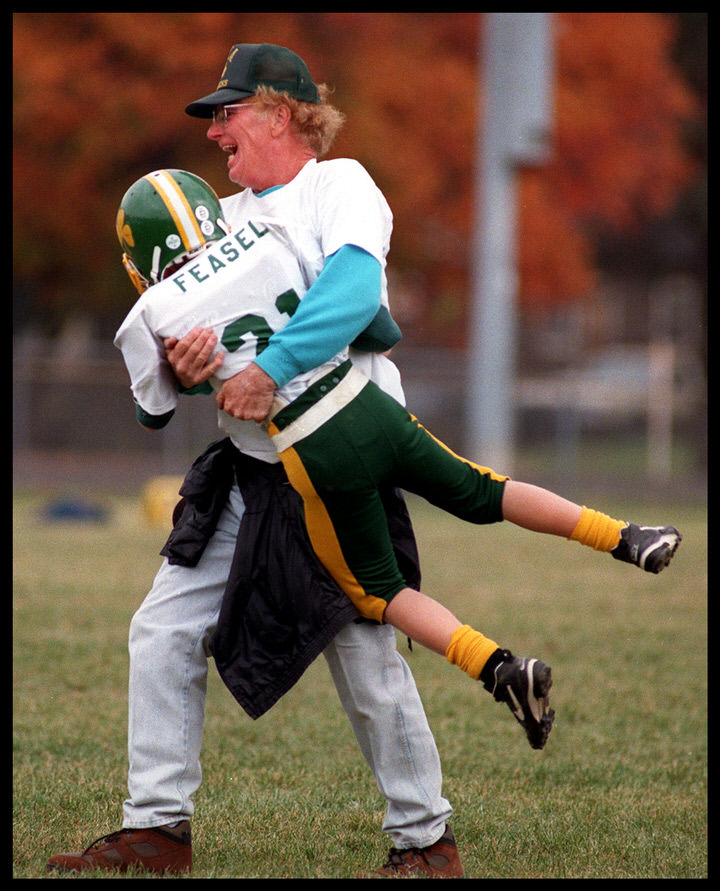
What has been the most successful advertising for you?
Word of mouth. Referrals are the only thing I find that works. Print advertising has to be the worst idea we ever did.
What has been the best thing you have done for your business?
To simplify and stop being a jack of all trades. Once I decided to only be a documentary photographer life seemed much easier.
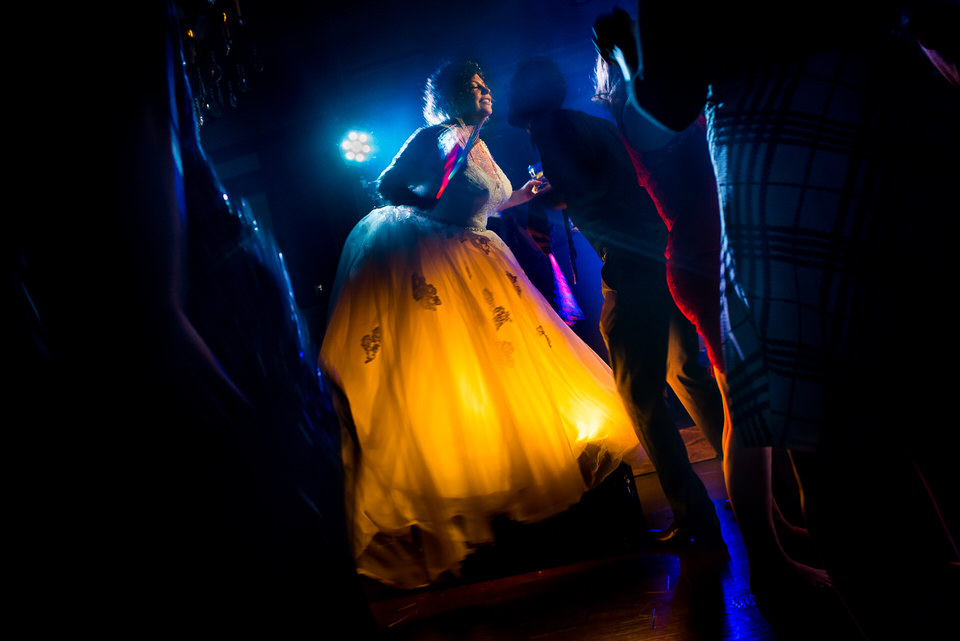
What do you do with your spare time?
Outside of spending time with my family I love working on my Land Rover and travelling.
Where do your influences come from as far as a creative vision go?
My influences come from documentary photographers like Damon Winter, Sam Abell, and James Natchwey.
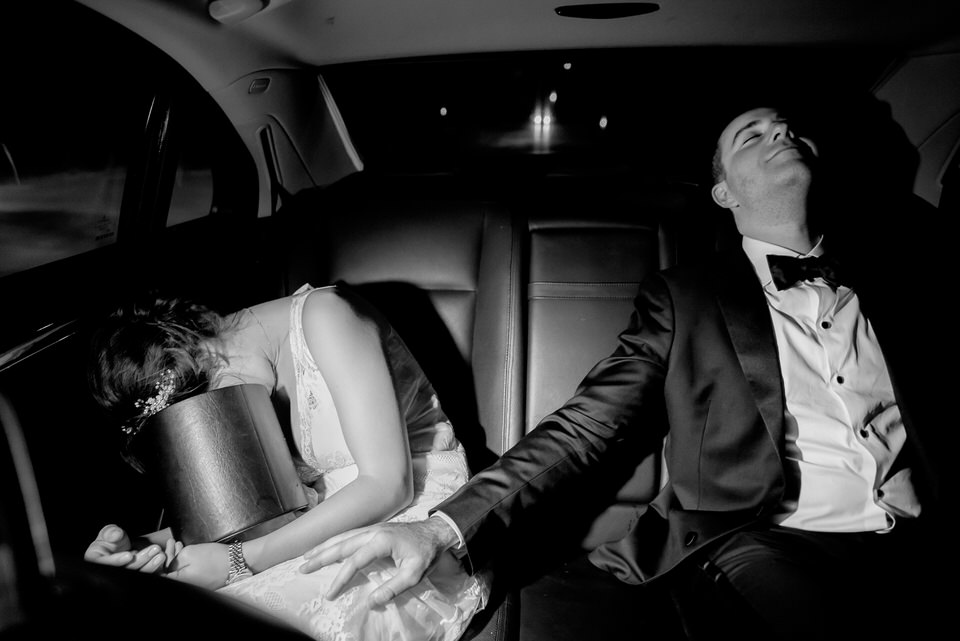
Can you describe your workflow after a shoot?
I am really bad about workflows. But in short, it involves downloading and backing up to three different drives. Then we edit (cull) in photomechanic and The Image Salon does the rest. ☺ I am super excited about JPEGmini though, as it is saving me not only hard drive space but also money as I don’t need as big of drives. Which is awesome.
What is The Wirkshop Series? Where can everyone learn more about it?
The Wirkshop Series is my teaching platform. About 10 years ago, thanks to Huy Nguyen and the Foundation Workshop, I discovered a new talent and passion for teaching. So about 6 or so years ago I started the Wirkshop Series which is a collection of workshops as well as online mentoring that I offer. I see teaching as a big part of my future and so far has taken me around the world teaching workshops in places including Spain, Brazil, the UK, Argentina, Mexico, and The Netherlands. Currently I am spending most of my time with my yearlong mentor program with students from the UK, Columbia, the US, and the Netherlands. These sessions are the future of learning in my opinion and I love them. The great thing about the workshops is the brain dump of info you receive. The bad thing about workshops is the brain dump of info you receive. Having the ability to work close in a one on one fashion with a student slowly over time is amazing. We offer anything from a 30 min online critique to our year long program and folks can learn more about it at – www.wirkshopseries.com
There’s also my new project with the Wirkshop Series that I am SUPER excited about called Moment Bent. It’s a Wedding Documentary web shop consisting of multiple video segments, each one focusing on a portion of the wedding. Each segment is a combination of interview, voice over and live footage from a real wedding. I talk about what gear I use, and then I show you how I use them during my high speed chase to capture real moments.
What should photographers do when bookings start dropping off?
Just keep pushing and keep the faith they will come. After 13 years doing this it never gets easier, but in the end it always seems to work out.
If you could give 3 pieces of advice to photographers from the mistakes you have made, what would they be?
1. Be yourself from the beginning- resist the urge to copy trends and try to forge your own path
2. Make sure you are a better business person than a photographer
3. Become a craftsman. Never stop perfecting your craft. Those three things combined will make all the difference.


